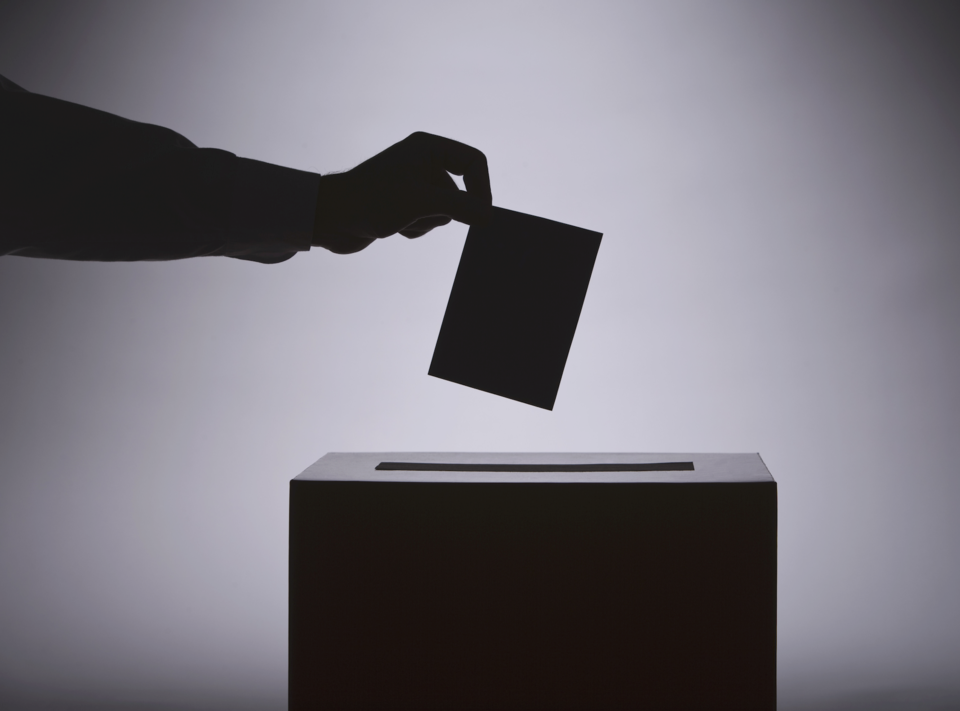The results of recent elections on three sides of us got me wondering what that means for the future of our country, this province included.
All three elections — in B.C., Saskatchewan and the United States — had a couple of striking commonalities: a narrow margin of victory and a pronounced urban-rural divide.
To the east, the right-leaning Saskatchewan Party retained power, but won only two of 26 seats in the province’s two biggest cities, while to the west, the NDP earned another term with the slimmest of majorities despite winning little outside of Greater Vancouver and Vancouver Island. And to the south, where Donald Trump won back the White House thanks to a handful of swing states, the electoral map was largely red but once again blue in most major centres.
I’m far from a political scientist, but I don’t think it takes one to see where this is headed. Population growth in urban centres will undoubtedly outstrip the pace of growth in rural areas, so cities will get even bigger and hold even more electoral might in the years to come.
It stands to reason that the party that appeals to these urban voters will have the greatest likelihood of success, so on a broad scale, the future looks rosier for the centre-left than it does for rural-based conservatives. I suspect it will take varying degrees of time depending on the jurisdiction, but if growth and voting patterns do as expected, it’s on the way.
B.C. offers an interesting glimpse into this shift. Prior to 2017, the NDP had only formed government on three occasions in the province’s history, but after last month’s razor-thin victory, it has now strung three consecutive terms together, although it should be noted the first one required a deal to be struck with the Greens.
The west (wealthier) side of Vancouver and its suburbs were once almost exclusively the domain of the right-of-centre, but that’s not the case anymore, which has turned the NDP from a once-every-two-decades protest vote to a viable option every election.
In reading about the Saskatchewan election, I came across an interesting comment from a political science professor who opined that Scott Moe and Co. are now faced with a tough choice: either lean into the base or decide they have work to do to make inroads in the big cities.
I suspect similar decisions are facing right-of-centre politicians and political parties in many jurisdictions around this continent, Alberta included.
Victories by Moe and Trump, as well as Pierre Poilievre’s imminent coronation, could well embolden conservatives, making calls to moderate both unwelcome and unnecessary, but such inaction could end up biting them in the backside.
I understand that ideologies are held dear and that some would rather go down swinging than compromise their values, and I admit there’s a certain nobility to such a stance, but the pragmatist in me wonders if taking too hard a line is courting irrelevance.
That would be tragic, to say nothing of economically perilous, because this country was built, and has prospered, thanks to conservative values, but unfortunately it’s not trending in the right direction.




